Board may most likely allow an open call to the public at the beginning of the meeting where a citizen may address the Board for up to three minutes; the entire event will be live streamed
 The Yavapai Community College District Governing Board will hold its first public meeting since May 2024 at the Rock House on the Prescott Campus on Tuesday, September 24. The meeting is scheduled to begin at 1:00 p.m. and will run an estimated three hours. It will be live-streamed on YouTube.
The Yavapai Community College District Governing Board will hold its first public meeting since May 2024 at the Rock House on the Prescott Campus on Tuesday, September 24. The meeting is scheduled to begin at 1:00 p.m. and will run an estimated three hours. It will be live-streamed on YouTube.
There is likely to be an opportunity for residents and others to address the Governing Board at the beginning of the meeting for about three minutes. A citizen wishing to address the Board is normally asked to complete a “Request to Speak” form before speaking, and give it to the Recording Secretary. The speaker should be prepared to limit his or her remarks to the designated time (from one to three minutes although typically three minutes).
Under Arizona law, a citizen has a right to attend, listen, tape record, or videotape all of these meetings. The public may not disrupt, but may speak during the Call to the Public at the beginning of this meeting if the call is on the agenda. See Ariz. Att’y Gen. Op. No. I78-001.
 In a press release, Pima Community College announced that its enrollment had increased for the seventh consecutive semester, making it the first Arizona community college to release data on fall 2024 enrollment. As of now, Yavapai Community College has not issued a report on its fall enrollment figures.
In a press release, Pima Community College announced that its enrollment had increased for the seventh consecutive semester, making it the first Arizona community college to release data on fall 2024 enrollment. As of now, Yavapai Community College has not issued a report on its fall enrollment figures. Yavapai Community College alumnus Stefan R. Sanford’s “endangered species” exhibit will be shown at the Community College’s Prescott Campus gallery September 18-23. According to a Community College press release written by Michael Grady, the series of “digital paintings of endangered animals with information about each one – sprang out of Sanford’s MFA Thesis presentation. `Many animals are leaving our earth and will soon be gone if we do not get poaching and illegal hunting under control.’ As part of his thesis project, Sanford wrote and illustrated two children’s books designed to introduce kids to conservation. `B. A. C. K. is my motto for these books – Be A Conservation Kid!’ Sanford’s thesis has been downloaded for research throughout the world and published by Liberty’s Scholars Crossing this summer. The books will be part of an upcoming series, with the first two – on the African Elephant and the African Rhinoceros – due out soon.”
Yavapai Community College alumnus Stefan R. Sanford’s “endangered species” exhibit will be shown at the Community College’s Prescott Campus gallery September 18-23. According to a Community College press release written by Michael Grady, the series of “digital paintings of endangered animals with information about each one – sprang out of Sanford’s MFA Thesis presentation. `Many animals are leaving our earth and will soon be gone if we do not get poaching and illegal hunting under control.’ As part of his thesis project, Sanford wrote and illustrated two children’s books designed to introduce kids to conservation. `B. A. C. K. is my motto for these books – Be A Conservation Kid!’ Sanford’s thesis has been downloaded for research throughout the world and published by Liberty’s Scholars Crossing this summer. The books will be part of an upcoming series, with the first two – on the African Elephant and the African Rhinoceros – due out soon.” The decision to close down the Student Café on the Verde Valley Campus was made by Yavapai Community College’s Prescott based Executive Leadership Team (ELT). The Yavapai Community College Sedona/Verde Valley Campus Dean is not formally included among this group of decision makers.
The decision to close down the Student Café on the Verde Valley Campus was made by Yavapai Community College’s Prescott based Executive Leadership Team (ELT). The Yavapai Community College Sedona/Verde Valley Campus Dean is not formally included among this group of decision makers.  The Yavapai Community College Foundation reported that it had raised a total of $50,000 because of District Governing Board member Ray Sigafoos’ $25,000 30-day matching grant donation challenge. The funds will go to help with scholarships and operations of the Del E. Webb Family Enrichment Center (FEC), which is located on the Prescott Campus.
The Yavapai Community College Foundation reported that it had raised a total of $50,000 because of District Governing Board member Ray Sigafoos’ $25,000 30-day matching grant donation challenge. The funds will go to help with scholarships and operations of the Del E. Webb Family Enrichment Center (FEC), which is located on the Prescott Campus.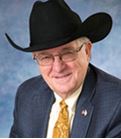
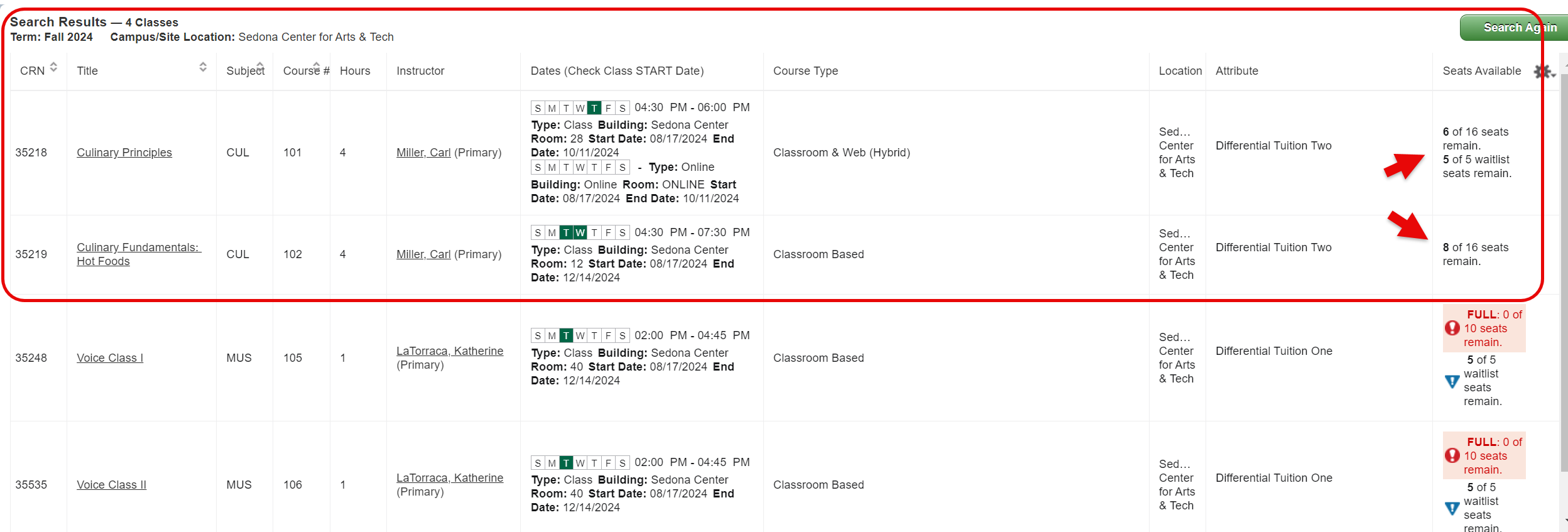
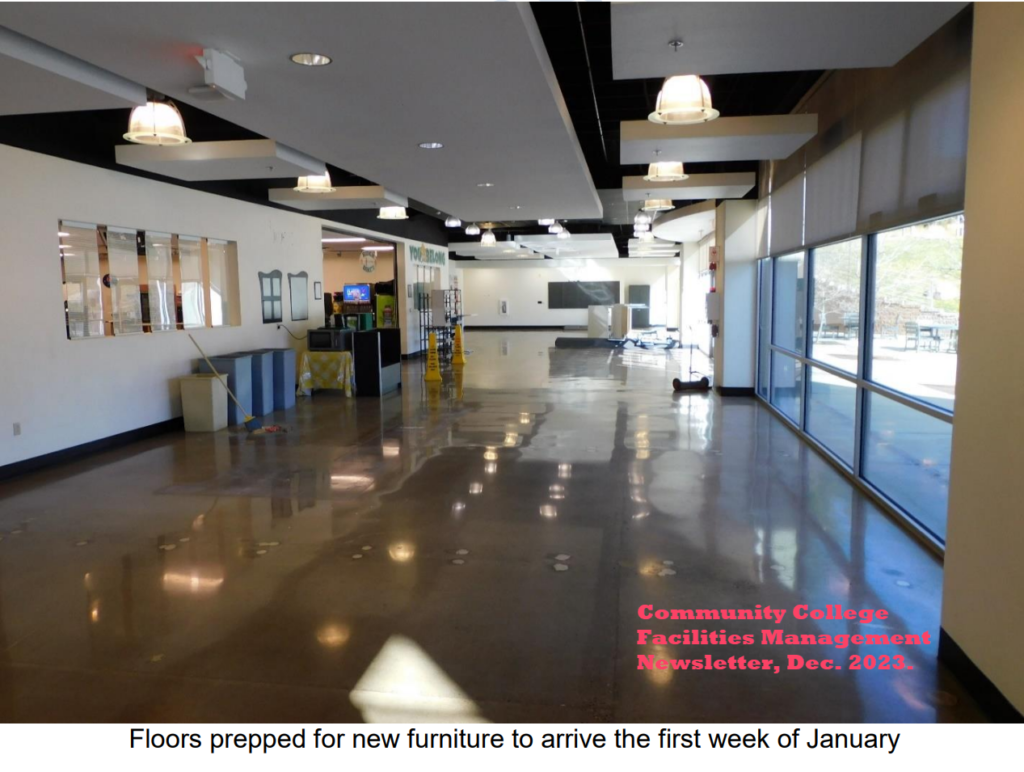
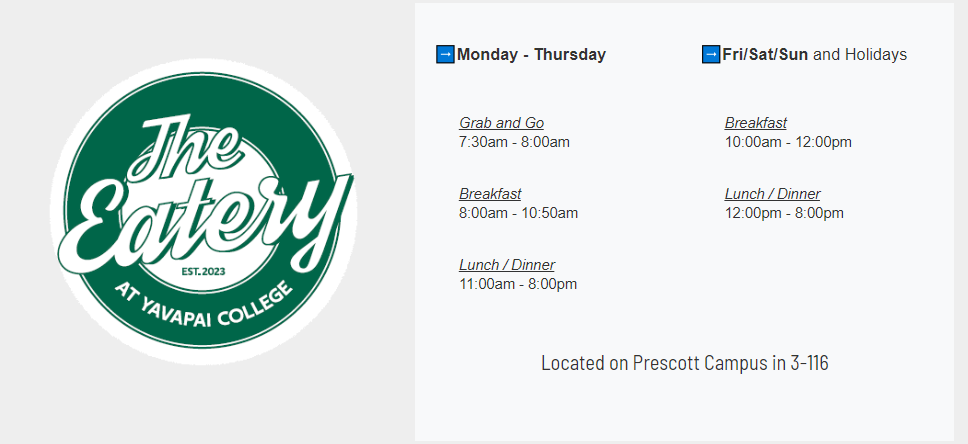

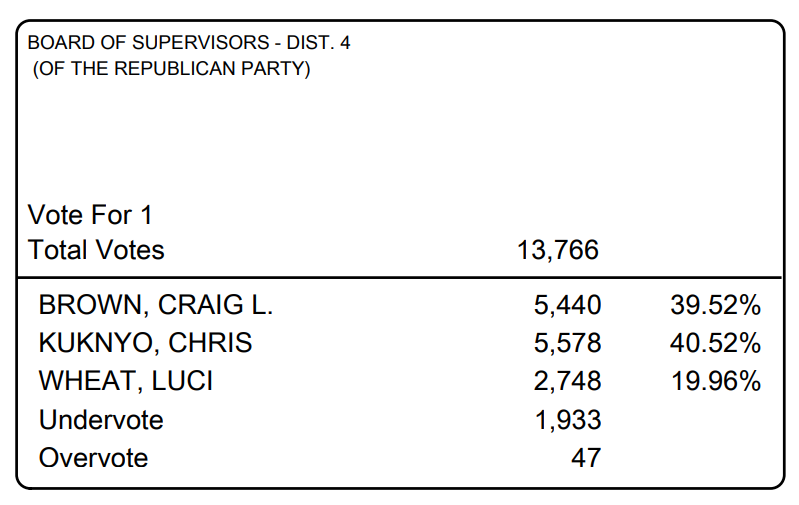
 After more than two years of work, Yavapai Community College formally celebrated the renovation of a portion of Building “M,” which is now known as the “Center for Learning and Innovation.” This newly transformed center has replaced thousands of books and traditional library materials with state-of-the-art computerized teaching and learning technology.
After more than two years of work, Yavapai Community College formally celebrated the renovation of a portion of Building “M,” which is now known as the “Center for Learning and Innovation.” This newly transformed center has replaced thousands of books and traditional library materials with state-of-the-art computerized teaching and learning technology.